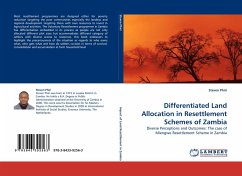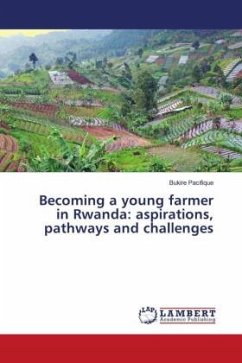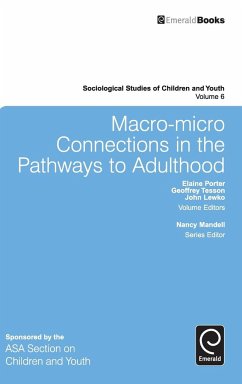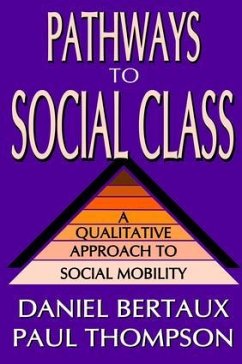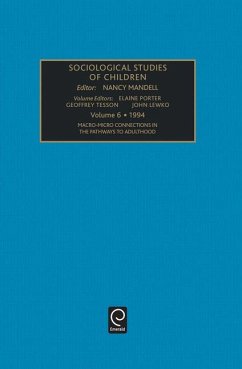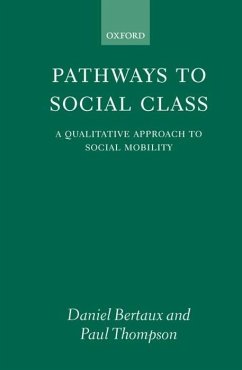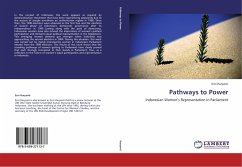
Pathways to Power
Indonesian Women's Representation in Parliament
Versandkostenfrei!
Versandfertig in 6-10 Tagen
52,99 €
inkl. MwSt.

PAYBACK Punkte
26 °P sammeln!
In the context of Indonesia, this work appears as inspired by democratization movement that have been experiencing popularity due to the success of people overthrew an authoritarian regime in 1998. Since then, the 1999 elections were observed as the first free and fair elections of second phase of Indonesia s democratic governance after its Independence in 1945. Coming along with the spirit of democracy, Indonesian women have also echoed the importance of women's political participation and demand equal political representation in the legislatures. This emerging women demand got stronger when ...
In the context of Indonesia, this work appears as inspired by democratization movement that have been experiencing popularity due to the success of people overthrew an authoritarian regime in 1998. Since then, the 1999 elections were observed as the first free and fair elections of second phase of Indonesia s democratic governance after its Independence in 1945. Coming along with the spirit of democracy, Indonesian women have also echoed the importance of women's political participation and demand equal political representation in the legislatures. This emerging women demand got stronger when Indonesia was approaching the second elections in 2004. During this situation, this work was carried out by mainly interviewing women in Indonesia s Parliament elected from the 1999 elections. The results of the work shows that the revealing pathways of women getting to Parliament have clearly proved that each strongly connected to their stands in Parliament, thus, as a reflection to the future of women s equal participation and representation in Indonesia.




